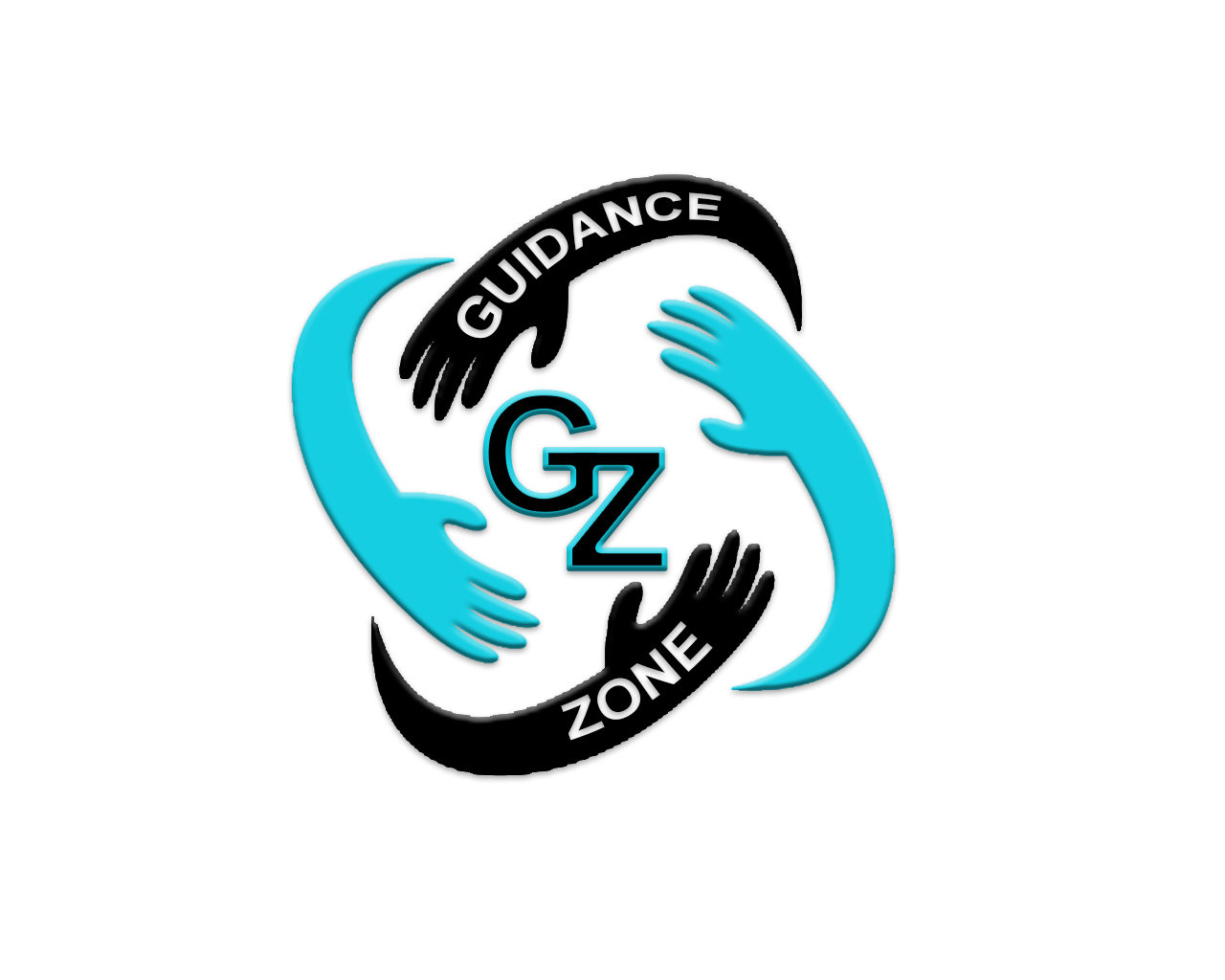Accounting plays a vital role to running a business, its is necessary for every business to update its accounting day by day & for the better future planning and to take proper decision on proper time these the following 15 Things must DO before March Closing.
Things must DO before March Closing
Check opening balances with previous year Audited/Final balance sheet
- Check opening balances with last year audited balance sheet/Final balance sheet.
- if any difference or variance found then rectify that and match with Audited/Final balance sheet.
- Pass reversal entries for opening provisions.
Check all Bank Account (CA/SB), Bank CC/OD Account, Loan account statement
- Check all bank account (Current A/c , Saving A/c, Bank CC/OD accounting, loan accounts are updated in the books of accounts.
- If not, then immediately call for statement and update in books of accounts so that No any major entry or transaction remains skipped.
A Quick watch on Expenses ledger and drawing
- Check whether monthly expenses like electricity bill, salary, rent, telephone has been paid and accounted in the books of accounts.
- Also check whether Proper TDS has been deducted and Paid on the applicable expenses (If applicable).
- Whether drawing or household expenses are booked in capital account or not.
Check your all Compliance
- Check applicability of any statutory law or compliance under any law i.e. GST/TDS/TCS/PF/ESI/MCA/FSSAI etc.
- Check all applicable returns/forms are filed properly with respective department.
- If Not, than filled all pending returns/forms immediately.
Check and Reconciled your Turnover with GST/26 AS/AIS/TIS
- Check GSTR-1 & GSTR-3B are matched with your books of Accounts.
- If Not, incorporate all deficiencies before filing of march returns.
- Check 26 AS/AIS/TIS statement and matched with your each transaction with your books of accounts.
Reconcile GST Ledgers
- Reconcile GST Cash ledger/Credit ledger are matched with books of accounts.
- Check invoices showing in GSTR-2A/GSTR-2B ITC are matched with books of Accounts.
- Also Check GSTR-2A/GSTR-2B is matched with ITC taken.
- Check GSTR-2A/GSTR-2B must include all purchase Bills in the books of accounts.
- If you don’t have the purchase bills but entries are there in GSTR-2A/2B, call for Bills & ask the supplier to issue Credit Note.
- Reconcile GST TDS deducted in GSRR-7A in matched with books of accounts.
Check Income Tax TDS/TCS
- Check TDS receivable are mentioned in your Form 26 AS up to December quarter & ask for TDS certificates on quarterly basis.
- Also Check TCS receivable are mentioned in your form 26 AS up to December quarter & ask for TCS certificate on quarterly basis.
Minimize and Reconcile Debtor & Creditor
- Check & Reconcile your debtor, Creditors & Party balances.
- Check & Incorporate TDS Deducted, GST TDS deducted, TCS deducted, Security withheld or any debit or credit Note issued by the party.
- Try to recover or pay as much possible to reduce balances.
- Call for confirmation of accounts.
Clean-up Your Loan (Unsecured/Secured) Accounts
- Check all your Loans or Advances taken or given.
- Plan to Reduce as much possible for both given or taken.
- If Loans are given, then apply applicable Interest, consider it as your Income and plan for Advance Tax Accordingly.
- If Loans are taken, then apply applicable Interest, consider it as your Expenses.
Make Investment to Save Tax
- Check 80C Deductions like PPF, NSC, LIC, Sukanya Samriddhi, ELSS Mutual Fund, Home Loan Principal Payment, etc. to cover 1.50 Lacs Investment for full Financial Year and in all personal files as well.
- Check Additional deductions such as 80D Medical Insurance Premium, 80G Donation etc. are paid as applicable.
Calculate Advance Tax
- Check Last Year Total Tax Paid as Advance/ Self Assess Tax.
- Check Estimated Current Year Turnover & additional Income if any.
- Increase Past Year Tax Paid by 5%-10% or as applicable.
- Pay Monthly/Quarterly Basis Advance Tax to reduce Interest.
Check all your Statutory Liabilities
- TDS Payable.
- PF/ESI Payable (If applicable).
- any other Statutory Liability such as Mandi Tax or any Local Taxes levied by the Government.
- Issue Certificates like 16A/27D in case of Income Tax TDS Deducted and TCS Collected by you.
Make Provision and Pass Closing Entries
- Make provisions for Expenses that pertains to current financial Year but Bills are received & due in next year such as Electricity Payable, Audit Fees Payable, Legal & Professional Fees and Salary Payable Etc.
- Pass Depreciation Entries as on 31st March at specified rate
Exceptional Reports
- Check Exceptional Report, Optional Vouchers, Negative Ledger, Negative Inventory, Memorandum Vouchers, Overdue Receivables, Overdue Payables etc
- Check whether any Entries in Suspense Account, Dummy Account etc.
Review your Books of Accounts
- Review your overall Books of Accounts.
- Check any Income head and Expenses or Bills which are not left out to be accounted.
- Check Trend Analysis & Make Ratio Analysis.
- Make Comparison with Previous Year/Quarter.
- Plan for the Future.
Above all Accounting point should check before march closing. So it will help in future accounting & business decisions.
Video link – click here
Thanks for your valuable time & if you have any query then you can ask a question on website or Instagram ID – Guidance Zone.
If you want to read more article related to business Click here
Disclaimer:-
The above-referred analysis and views are purely my own view and in subjective nature so kindly take any decision and action with prior discussion and consulting with your Chartered Accountants/Advocates/Legal Consultant etc.

